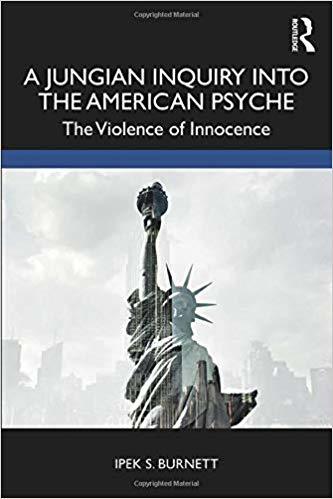In Amusing Ourselves to Death: Public Discourse in the Age of Show Business, media theorist and cultural critic Neil Postman compares the dystopian scenarios of two renowned novels, George Orwell’s Nineteen Eighty-Four and Aldous Huxley’s Brave New World. “Orwell warns that we will be overcome by an externally imposed oppression,” he writes, “but in Huxley’s vision, no Big Brother is required to deprive people of their autonomy, maturity and history. As he saw it, people will come to love their oppression, to adore the technologies that undo their capacities to think.”
Postman explains that what Huxley feared was that one day popular culture would work against critical thinking by creating passive, egoistical, and distracted masses. He feared that ultimately truth would be drowned in a sea of irrelevance. He feared that we would become a trivial culture. And Postman feared that we were going in the direction of Huxley’s bitter predictions.
Postman wrote this analysis in 1985. And here we are in 2020 with Donald Trump—a former beauty pageant owner, tabloid celebrity, reality television character—in the White House. His presidency holds up a mirror to today’s America where people have truly come to adore the technologies and social media which are able to disperse dreadful, dangerous, at times deadly disinformation at the click of a button, where their attention spans have been reduced to tweets and memes, where they have become utterly self-centered and distracted, where truth has long been drowned in a sea of irrelevance. A trivial culture, indeed.
Critical theorist Guy Debord defines the spectacle as “the nightmare of imprisoned modern society which ultimately expresses nothing more than its desire to sleep. The spectacle is the guardian of sleep.” And it is exactly in this sense, the first so-called presidential debate of the 2020 election was a spectacle. A spectacle over  facts. A spectacle over any code of ethics. A spectacle over mere human decency. A spectacle and nothing more. Nor was this spectacle anything new.
facts. A spectacle over any code of ethics. A spectacle over mere human decency. A spectacle and nothing more. Nor was this spectacle anything new.
Reality show after reality show, American viewers have been desensitized to the aggression, deceit, and humiliation on display. To talk about violence in the media, one has to look beyond the obvious, physical violence of Blockbuster movies and video games, and see through into the invisible, psychological violence that is a staple in the world of everyday entertainment. The greed, dishonesty, spite, disparagement, rage, vengeance… The emotional manipulation and damage.
Pulitzer Prize–winning journalist Chris Hedges condemns the “moral nihilism” of celebrity culture and reality television shows that allow, even encourage, a bleak voyeurism into people’s struggles and vulnerabilities. Despite the nihilism, the viewer is never solely a spectator, but rather a participant in the very system. By choosing to watch and tuning in, the viewer contributes to—and even perpetuates—the patterns of psychic violence publicized by mass media in the name of entertainment.
The so-called presidential debate was criticized as a disgrace, train wreck, disaster. But it was more. It was an act of violence. The kind of psychological violence that has become so prevalent, so commonplace that it is often taken for granted, and thus goes unacknowledged.
Corporate media and commercial entertainment culture need spectators who are content to be asleep. Democracy needs something entirely different; it needs engaged, responsible citizens. And for these citizens, media literacy is a prerequisite.